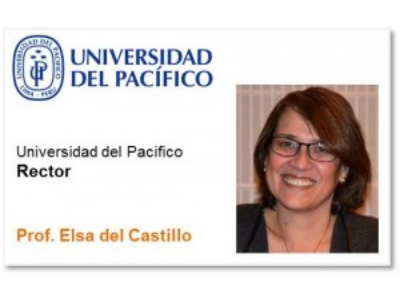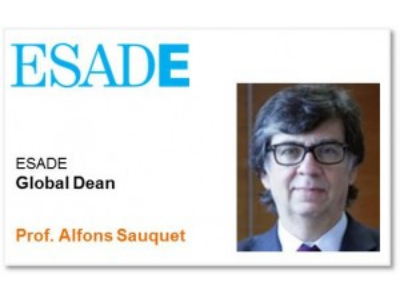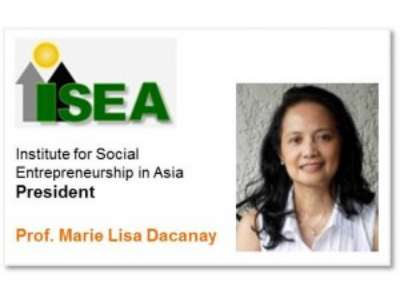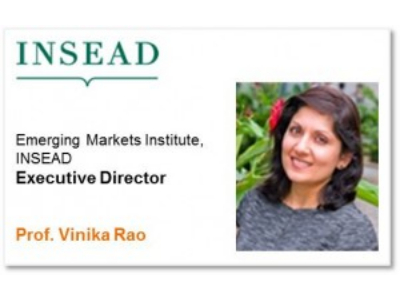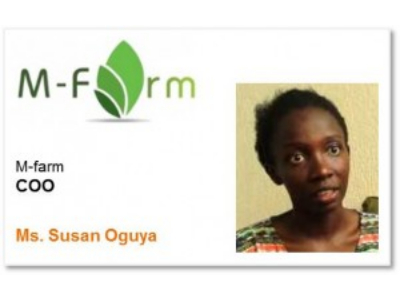In the outcome of the High-level Plenary Meeting of the General Assembly on the Millennium Development Goals (MDGs) in 2010, government leaders called on the private sector to accelerate its contribution to poverty eradication, including by adapting its business models to the needs and possibilities of the poor. The UNCTAD Business Schools for Impact project was developed in response to this call and has the objective to change the mindset of future generations of managers, investors and entrepreneurs and teaching business students the skills to build business at the base of the pyramid.
The session brought together schools, teachers, students, corporates, impact investors and social entrepreneurs to discuss the challenges associated with investing in low-income economies and the implications for the business school curriculum.
The Business Schools for Impact initiative was unveiled during the event and an interactive session provided participants with the opportunity to engage and become a contributor.
Programme
The session objective was to launch the UNCTAD Business Schools for Impact network and to discuss how business schools can better prepare students to engage in inclusive businesses in low-income countries. It brought together business school representatives, business practitioners (company managers, impact investors, small business owners and social entrepreneurs), students and teachers.
The session was divided into three parts:
1. The role of business schools in advancing sustainable development objectives
The first part of the session was a moderated panel discussion on the role of business schools in boosting pro-poor investment by creating awareness among business students about the needs and business opportunities in poor communities and regions. Discussants had a chance to voice their opinions, propose solutions and articulate their approach to the subject.
2. What needs to change in curricula?
During the second part of the session, discussants examined the skills required from the next generation of graduates to operate in low-income countries with positive social impact. They discussed how adapting current courses or developing new practices can help business schools better embed inclusive business opportunities in their curricula. This will form part of the consultative process of developing the UNCTAD Business Schools for Impact project and will involve stakeholders who can contribute to and benefit from the project.
3. Presentation of the Business Schools for Impact project
The last part of the session introduced the Business Schools for Impact project, including its network, online platform, internships and teaching material. Participants were invited to share their ideas and get involved in the project.


